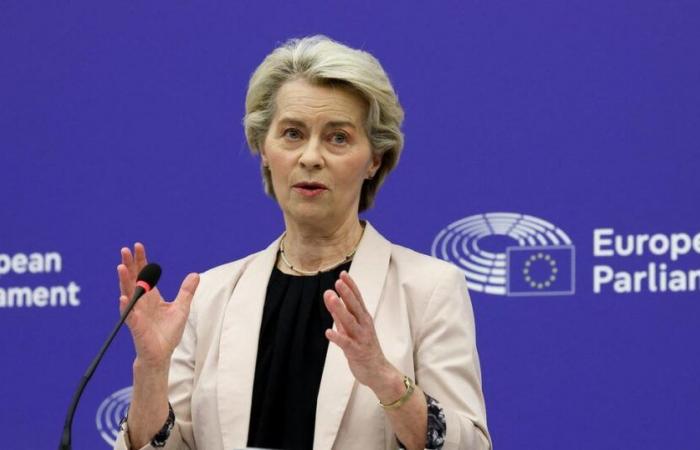FIGAROVOX/TRIBUNE – On November 27, the European Parliament approved the new College of European Commissioners by the narrowest margin ever. For Max Viskanic, former political adviser to the European Parliament, permanent bureaucrats could now have more power.
Max Viskanic is a doctor of economics and writer.
The new von der Leyen commission has just been confirmed with the narrowest margin ever, with all other recent commissions having achieved much larger margins. For example, the Barroso I and II commissions obtained 65% and 66% respectively, Juncker 56% and even the first von der Leyen commission obtained 61% compared to the meager 52% it collected a few days ago. It is also unprecedented in terms of a very large, but fragile, political majority, ranging from the ECR to the Greens, with no party supporting it 100%, not even its own party, the EPP.
In the past, majorities were built either by the EPP and the S&D (a sort of “Big Koalition”), or with the addition of the centrist group Renew. These initial coalitions between a relatively small number of parties ensured constant cooperation and some form of predictability in lawmaking, because even if the ruling parties disagreed on certain issues, they were part of an initial agreement. The approval of this commission by a narrow political majority and the clear desire of some politicians like Manfred Weber to build alternative coalitions with the right and the far right on certain issues should theoretically give more power to the administration. Will the permanent bureaucrats of the European Commission now have more power? This would paradoxically occur at a time when voters have clearly expressed a stronger taste for anti-establishment parties.
The impact of MEPs will essentially depend on the quality of the politicians we voted for
Max Viskanic
Usually, when politics are unstable, the bureaucracy struggles to cope. Just look at the example of Belgium, with more than 170 days without a government, although with the same ministers without political authority. In this case, in the name of “apoliticism” (if it exists), bureaucrats are able to make decisions as they see fit, given that there is no clear political direction. In Brussels, the heads of units of several Commission departments must be rubbing their hands thinking about the specific projects they can put forward and how they can bend all the majorities to approve the Commission’s proposals almost intact. But will it really be like this? Yes and no, it will depend on the quality of the MEPs.
“Weak” MPs are likely to toe the party line, which, if the group chairs agree, will lead to large majorities, mainly on unproblematic issues. At the same time, the narrow majority of many parties will allow “strong” MPs to build fickle and shifting coalitions, sometimes based on national rather than party interests. As every vote counts, a skillful MEP could have a considerable impact that they would not have had with a stable majority. The fact that many parties also voted against the Commission will make it easier to form “negative” coalitions, with MEPs able to band together against very strong and politicized Commission proposals.
Also read
“Georgia deserves Europe today more than ever”: in Tbilisi, the challenge to the pro-Russian regime is hardening
Therefore, as strange as it may seem, the von der Leyen II Commission will be both the most political and the one where the bureaucrats will have the most power. The impact of MEPs will essentially depend on the quality of the politicians we voted for. This is a slightly frightening point but one that makes us voters think.






